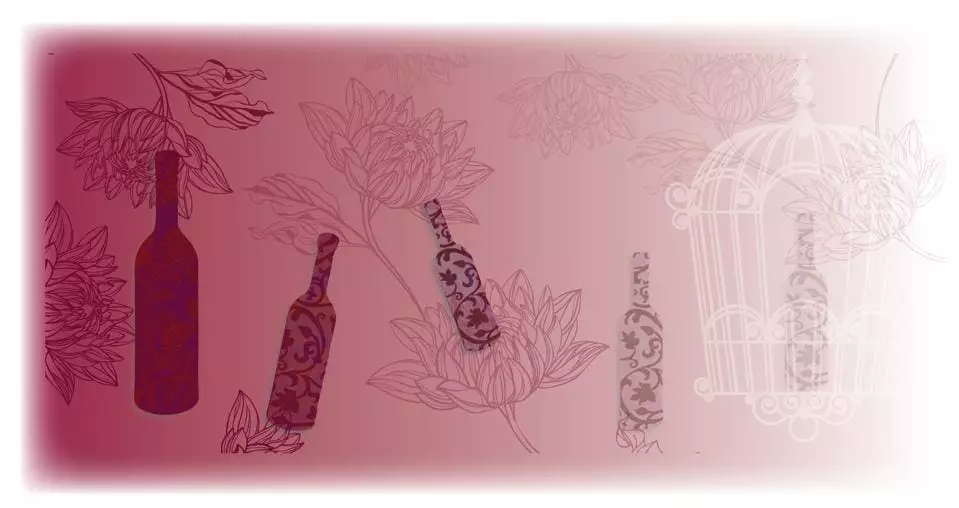One of life’s most remarkable experiences can occur over a simple glass of wine, and for me, that moment came in the picturesque Wachau Valley of Austria. It was there, amidst a swirl of Rieslings, Gruner Veltliners, and Gewurztraminers, that I met Diane Teitelbaum—my mentor and a beacon of wisdom in the complex world of wine. Unlike many who find mentorship in conventional environments—offices, classrooms, or formal settings—my introduction to Diane was intimate, characterized by a sense of camaraderie and the nuanced art of wine tasting. However, I soon discovered that what I thought would be an enlightening experience turned into a challenge that would shake my confidence to its core.
In the midst of an intense tasting session, I found myself grappling with jet lag and intimidation, surrounded by wine writers who seemed effortlessly skilled at identifying intricate flavor profiles and mineral nuances. Each sip echoed with experienced notes, leaving me with feelings of inadequacy and self-doubt. Unlike Diane, with her poised demeanor and wealth of experience, I felt like an outsider struggling to catch up. But then came a moment of solidarity. Sensing my turmoil, Diane reached out—a simple gesture of empathy that instantly calmed my fraying nerves. Her encouragement inspired me to embrace the challenge rather than retreat from it.
As the week unfolded, Diane and I struck a unique partnership. While she guided me through the intricate flavor profiles of the wines we tasted, I assisted her in navigating the uneven cobblestones of the charming Austrian town, a task made more challenging due to her recent knee surgery. In what initially seemed like a conflicting combination of personalities—a tall, dark-haired individual alongside a short, fair-skinned woman—we discovered shared values and a mutual passion for wine that transcended our physical differences.
Our conversations resonated deeply, particularly as we discussed the nuanced landscape of being women in a male-dominated industry. With Diane’s mentorship, I began to appreciate wine not just in technical terms but as a genuine form of self-expression that required intuition, honesty, and a willingness to trust one’s palate. She taught me a valuable lesson: authenticity in wine writing comes from personal experience, not from mimicking established conventions or attempting to impress others.
My bond with Diane deepened with every glass shared, transcending the limitations of mere friendship. Each time we convened—whether at wine tastings or informal meet-ups in her home in Dallas—I was astonished by her willingness to open prized bottles for the simplest of meals. “When you love wine, you have to share it,” she would say, illustrating that the value of wine lies not in its rarity but in the experiences and memories it creates.
Diane’s gift for tasting was akin to an artist’s exquisite brushstroke. She could unearth specific flavors—right down to the delicate notes within pomegranate pith—without an air of pretentiousness. Each call, often centered around my growing apprehensions about wine studies, transformed into a beautiful exchange about our lives, rescue dogs, and the deeper connections that made our friendship special.
I vividly remember one poignant evening when I inquired about her favorite wine. Without hesitation, Diane recounted a story of a 1947 Joseph Drouhin Chambertin-Clos de Beze grand cru that held exceptional sentimental value for her—not just in taste but as a cherished memory of a friend long departed. Her meticulous care in preparing this exquisite vintage captured the nuance of how wine connects with the fabric of our lives.
Diane’s vivid description of that wine, likened to an elegant, fragile southern belle, pulled me into an intricate tapestry of taste and emotion. It wasn’t merely about the flavors and aromas—the experience was rooted in memories of love and longing. Yet, what struck me even more profoundly was how the wine evolved, unfolding to reveal its character just as their shared dinner unfolded into a night of warmth and remembrance.
Enduring Lessons
The essence of Diane’s teachings extended well beyond technical notes and textbook definitions. She gifted me a deeper understanding of how wine serves as a conduit for connection—each glass shared is an experience never to be replicated, suffused with the magic of its surroundings and the company of those we cherish. Every bottle has the potential to carry rich narratives that evoke emotions, laughter, and even tears.
Tragically, Diane passed away a few years later. At her memorial service, I sensed the ripple effect of her impact on those who had shared wines and stories with her. Each person who raised a glass in her memory wept not only for the loss of a dear friend but also for the experiences shared over the countless wines she had introduced them to.
Ultimately, Diane’s legacy shines brightly—not solely through her expertise in wine but through her unwavering belief in the emotional resonance of each glass. She taught me that wine is more than a drink; it is a cherished experience, a powerful means of connection, and a celebration of life itself—one that I will carry with me always.


Leave a Reply